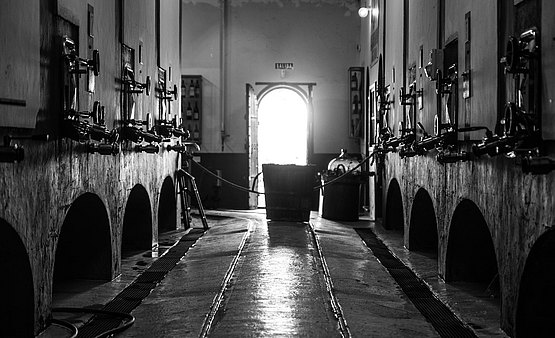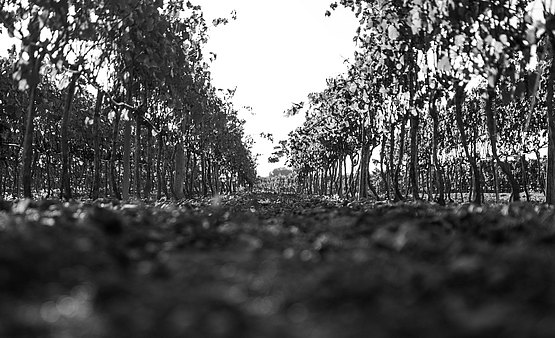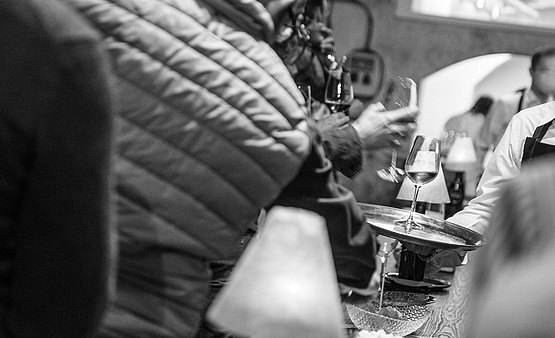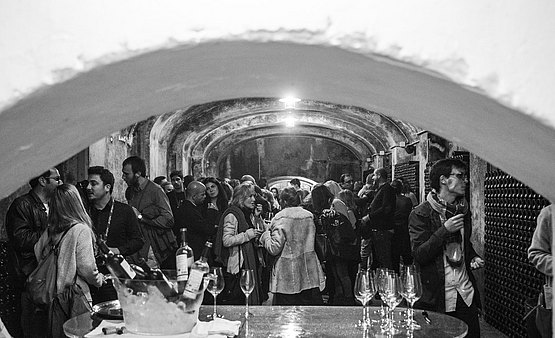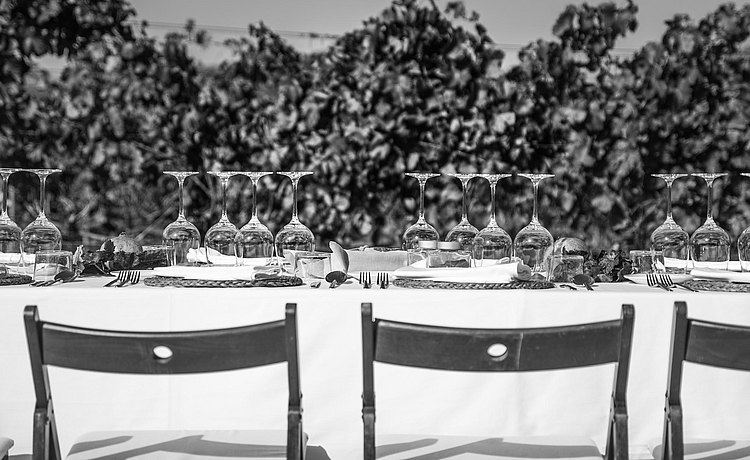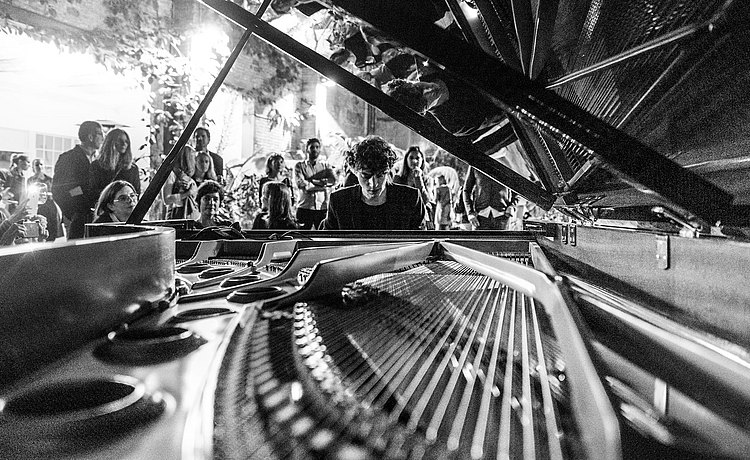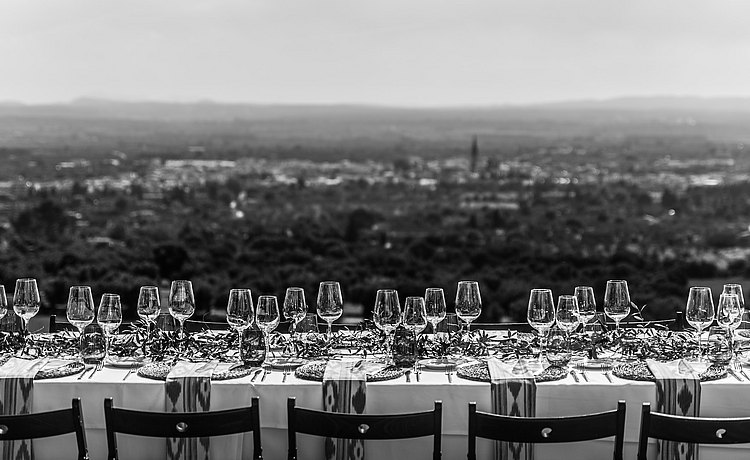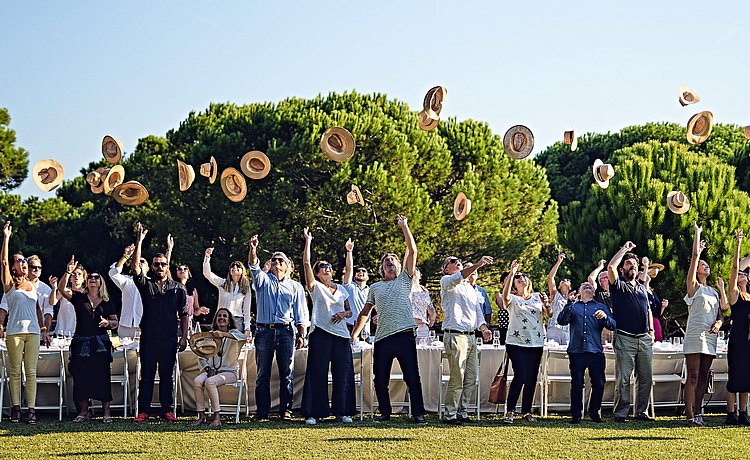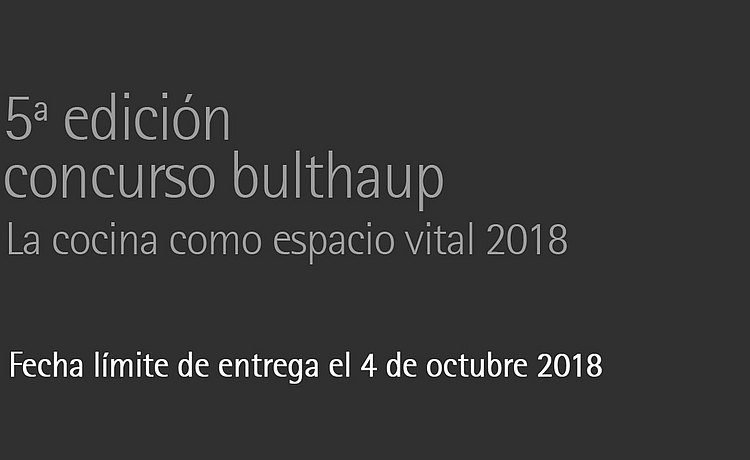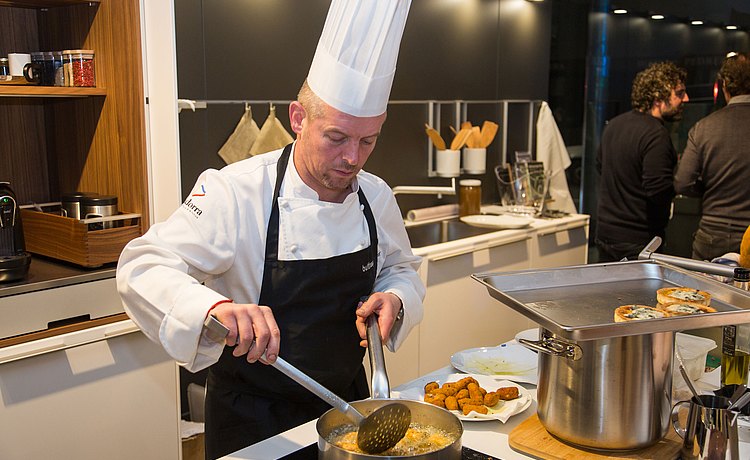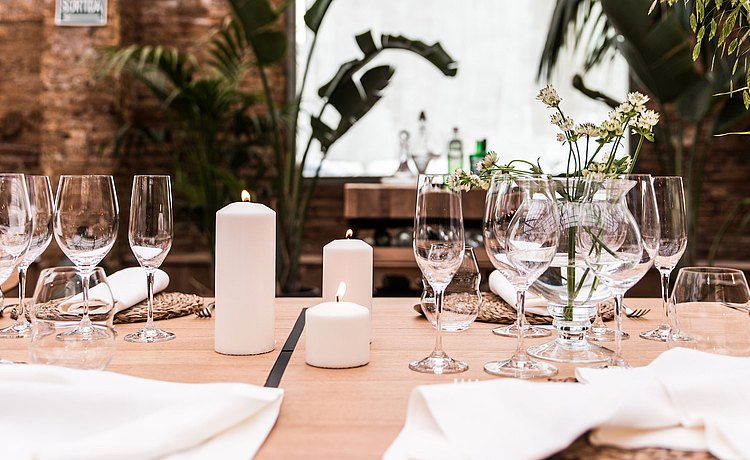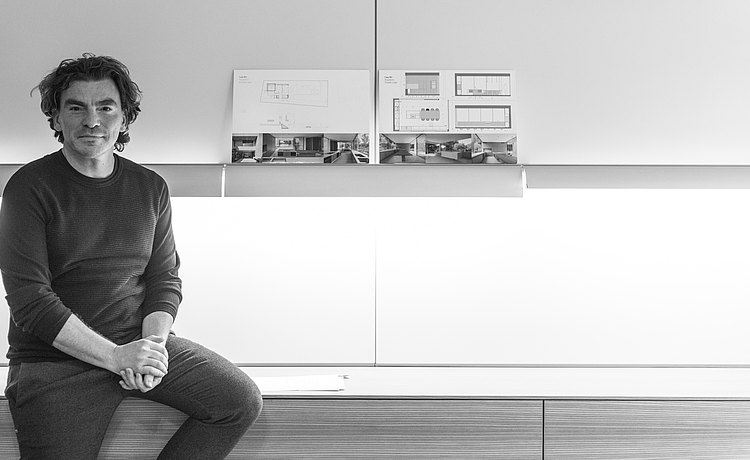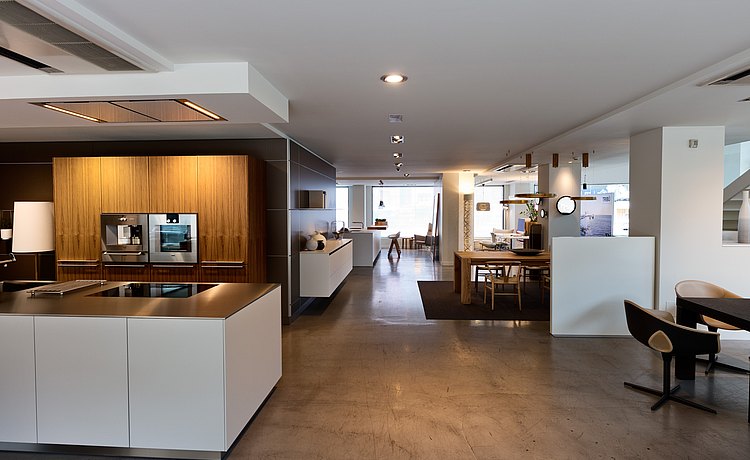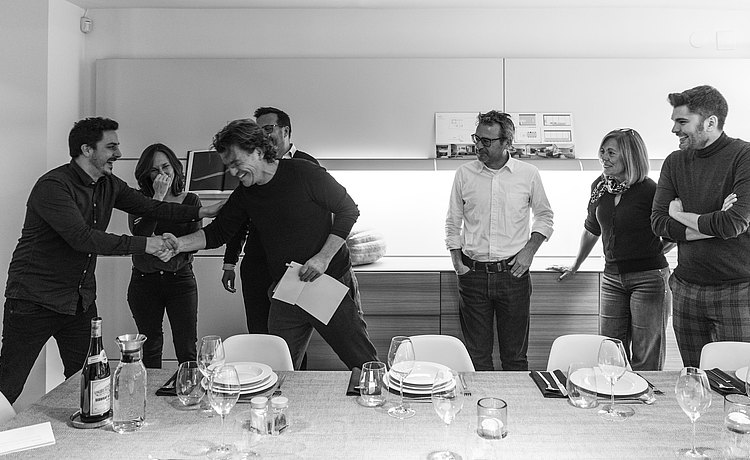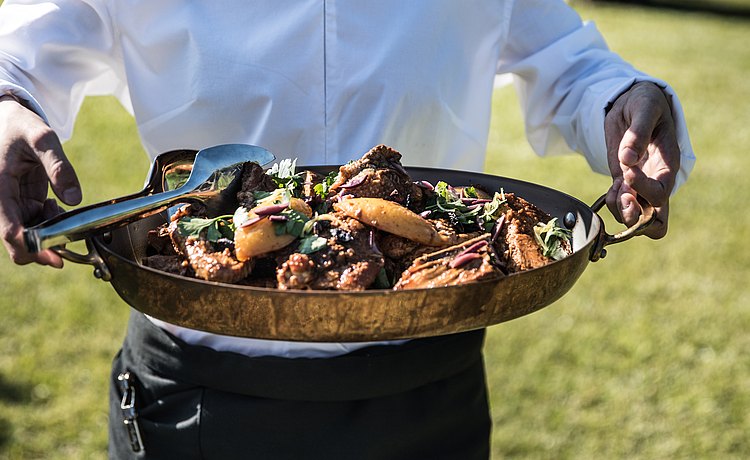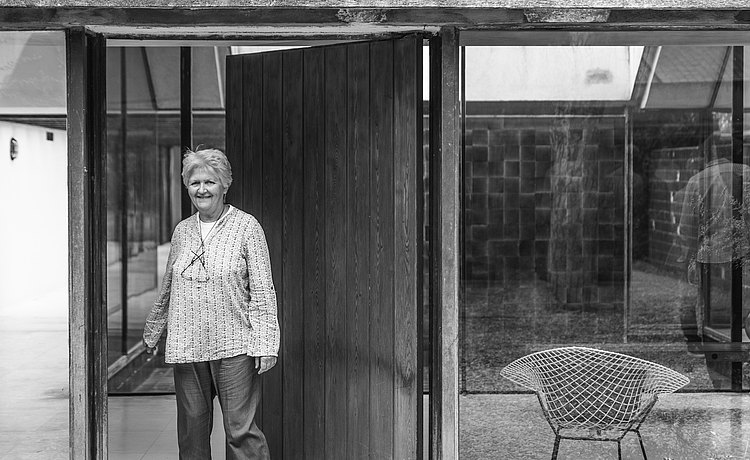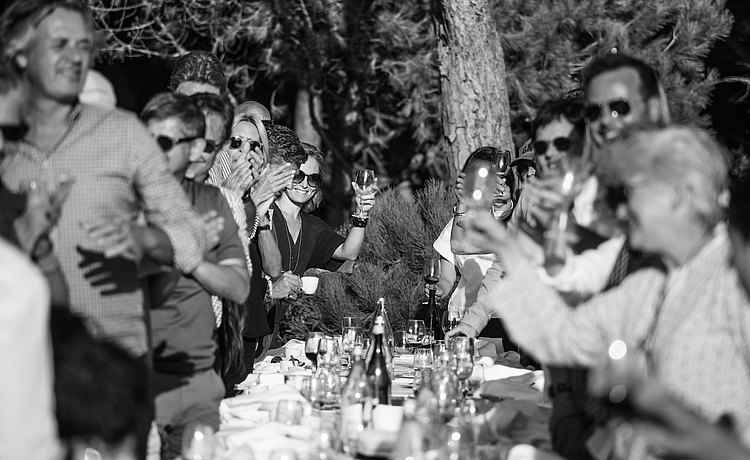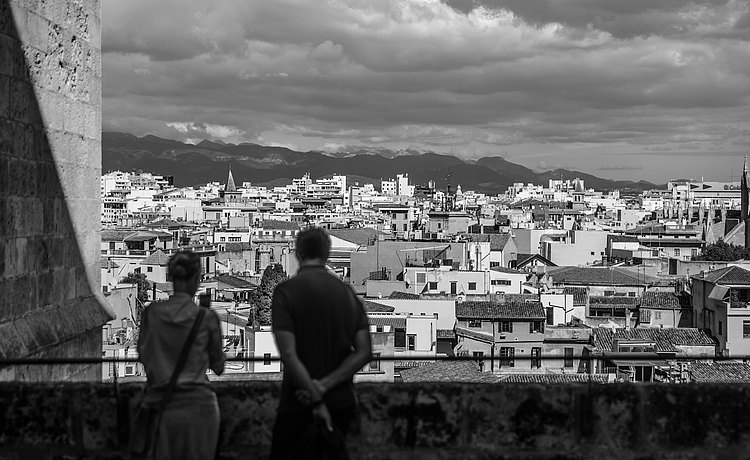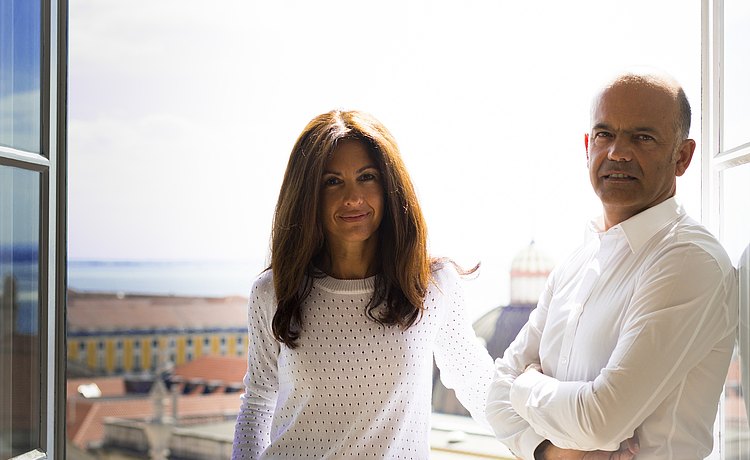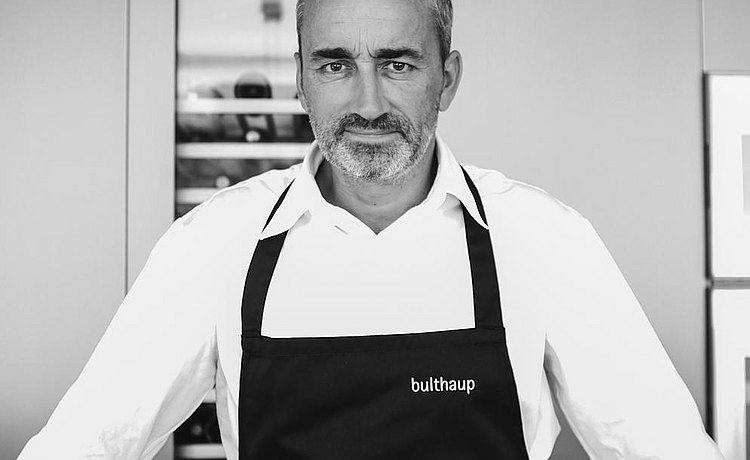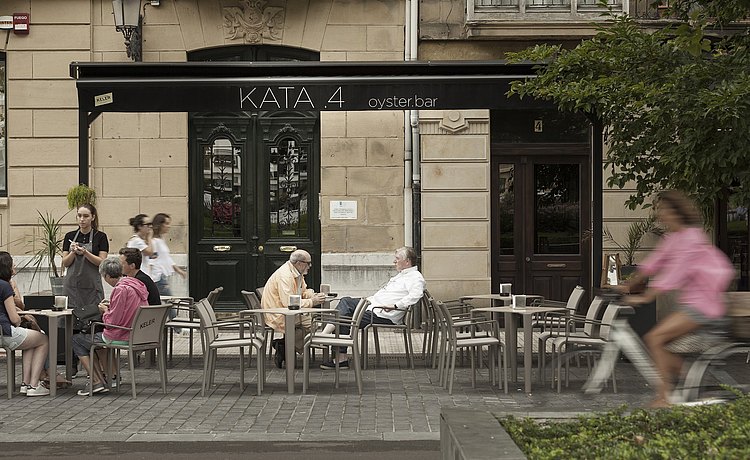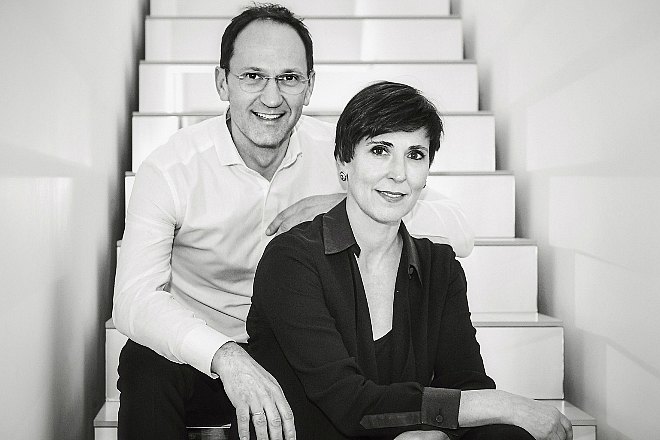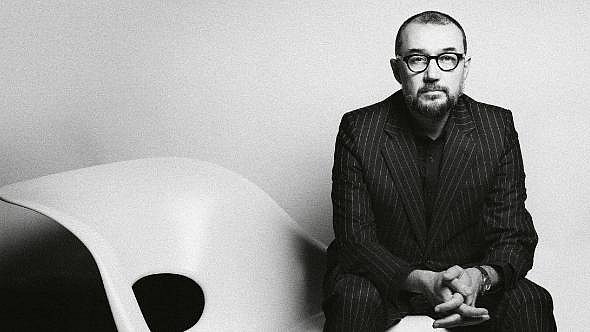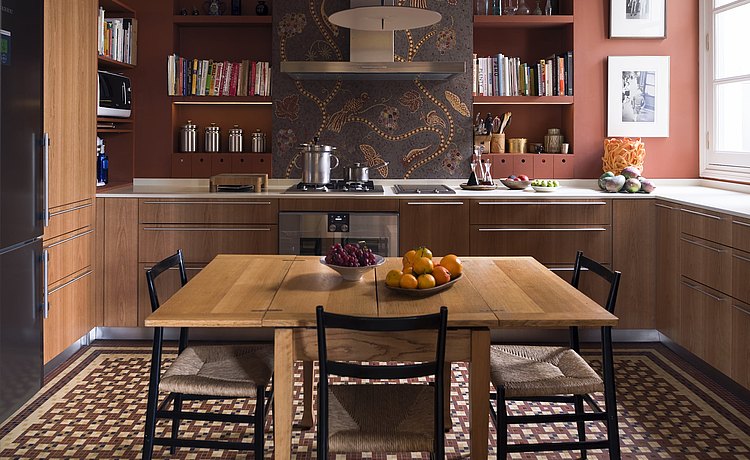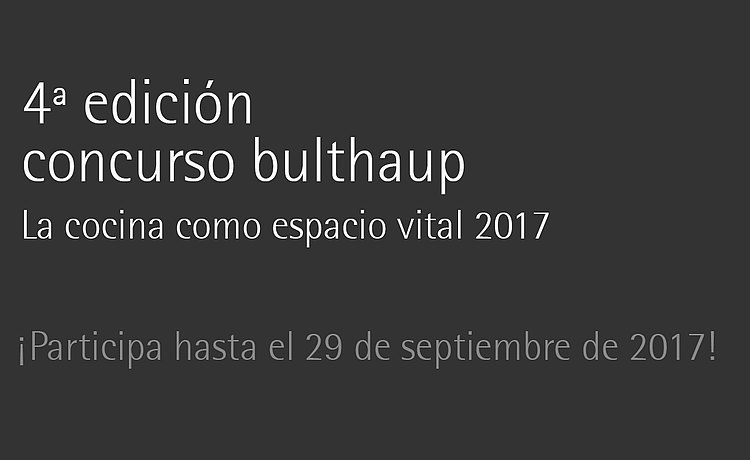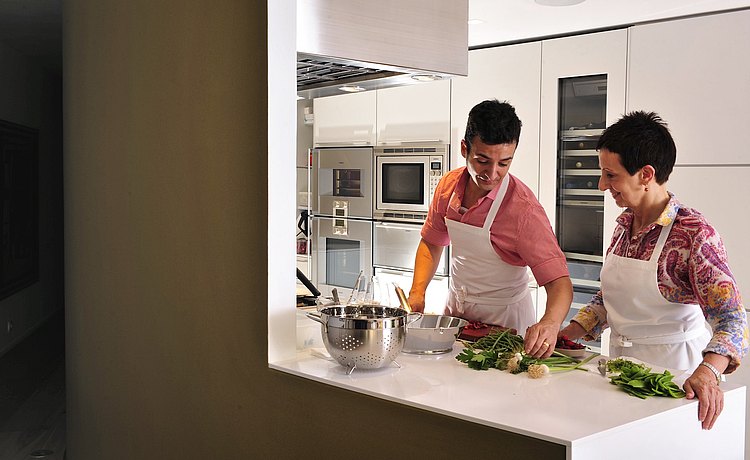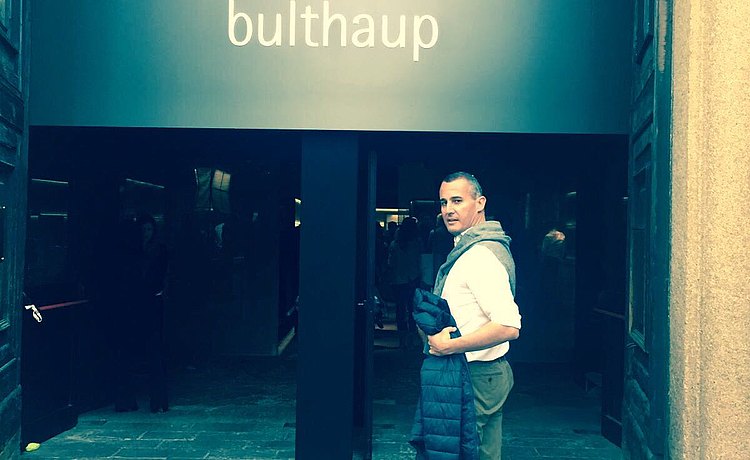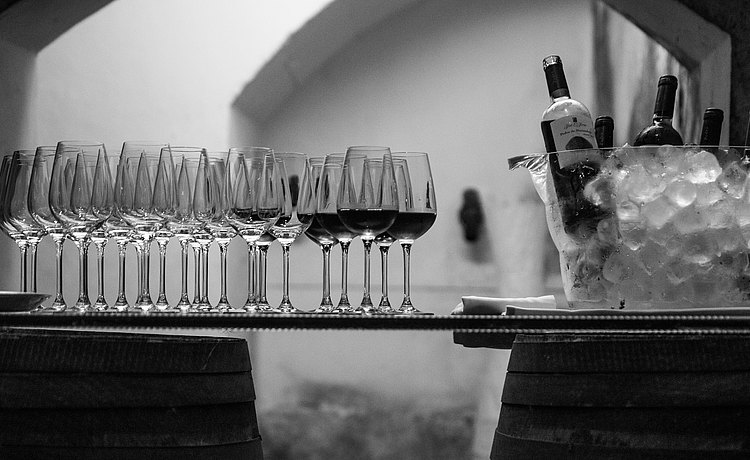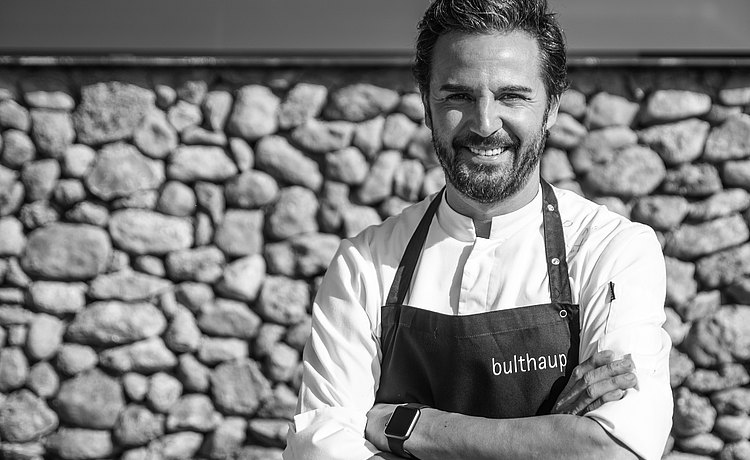The fourth generation of a winery with deep ties to the land.
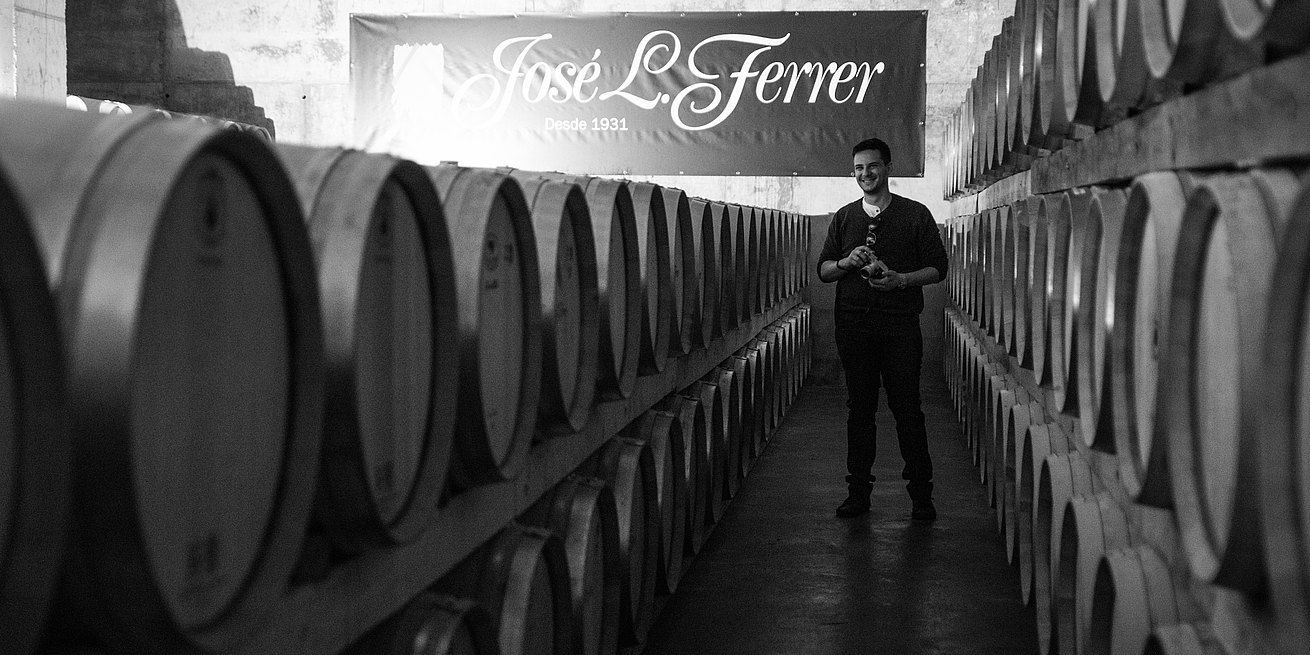
The fourth generation of a winery with deep ties to the land.
How did your passion for winemaking emerge?
My family played an important part in the process. Although it was never imposed upon me, I always felt drawn to the family business, founded by my great-grandfather in 1931. When you’re young, it’s hard to appreciate, but as time goes by you gradually become a part of it. As a representative of the fourth generation in the Ferrer family, together with your sister María, do you remember if there was a specific moment when you identified that vocation related to the family business? Tell us what it was like.
Ever since I was a child, I loved the outdoors, and going to the vineyards with my father slowly became a way of life. I remember the days of the wine harvest as days of celebration; all the growers would bring their grapes to the winery, knowing that it would be turned into wine. Tractors, trailers, people, laughter, shouts, noise, excitement… and our eyes always glancing up at the sky, hoping that the rain wouldn’t appear at the least convenient moment. For my sister María, with whom I share this passion, it was different. After graduating from business school and working abroad in other companies, she became increasingly aware of the value of the family business and of the island—until at one point, when she was 29, she decided to move back and focus entirely on the winery.
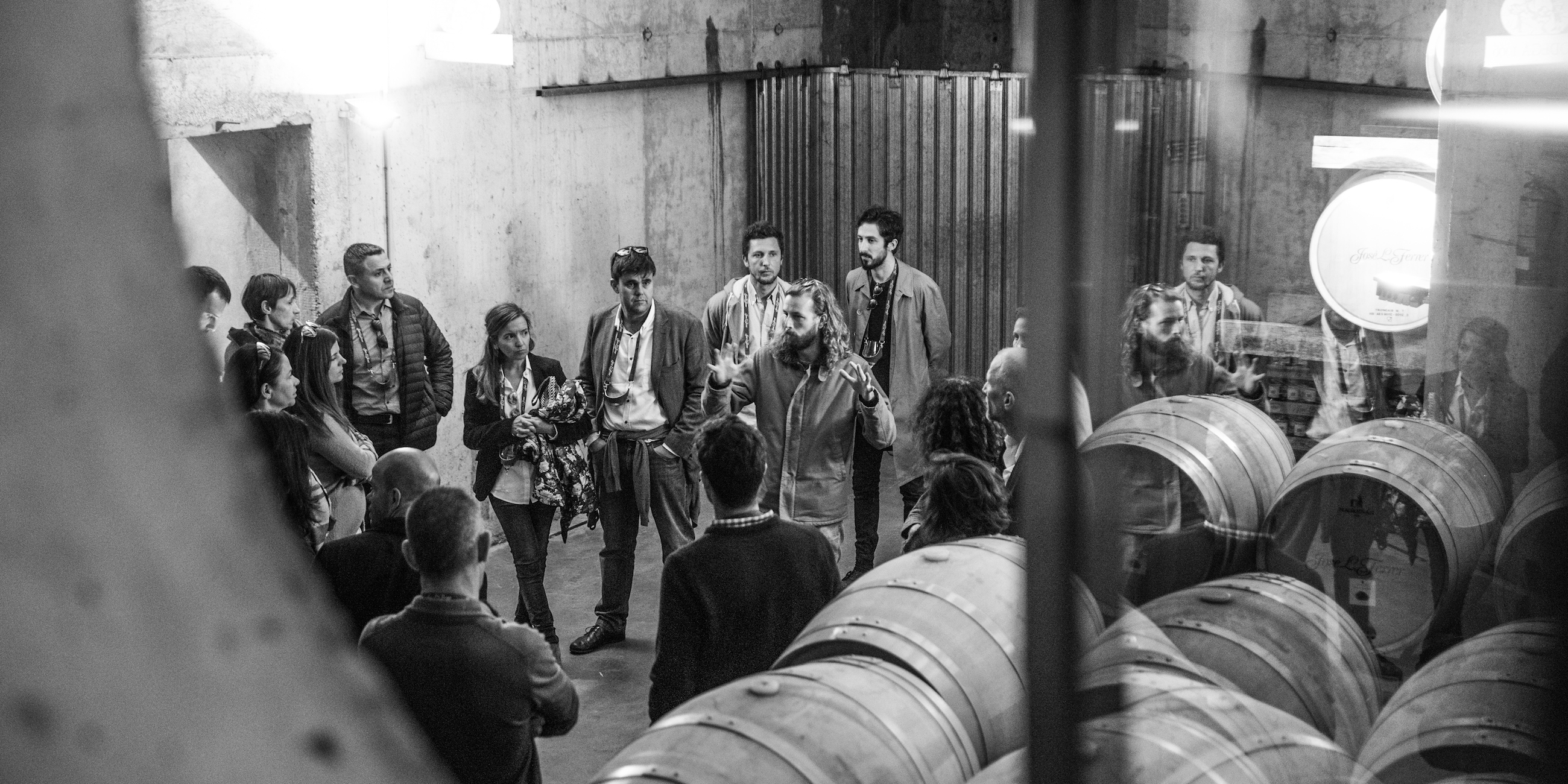
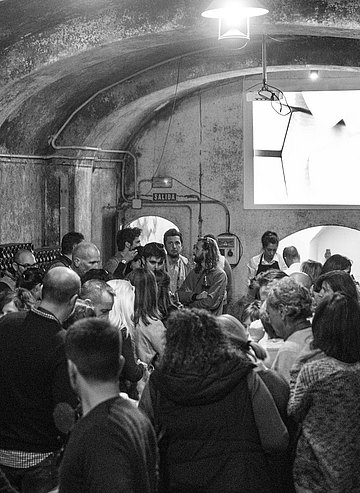
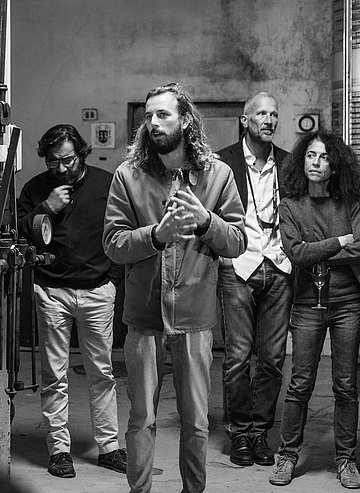
How did your passion develop over time?
I gradually became imbued with agriculture and wine. But I didn’t really realize how broad this field was until I studied in the Priorat wine region, in Catalonia, where the wine culture is so deeply rooted that you simply fall in love with it. Later on, I was also influenced by a stay in a Chilean winery during the harvest season. In 2010 I got fully involved in our family winery.
In what way do you think you’ve marked a turning point in the winery’s path?
By contributing a new philosophy, doing things such as recovering the old concrete fermentation tanks from 1931 for our wines. I believe that striking a balance between tradition and state-of-the-art technology is the key for achieving the best products.
What are the values and qualities you need for reaching excellence in the winegrowing industry?
You have to love the land and everything it has to offer. In addition to the world of wine, were there other areas that you were drawn to?
Well, my sister wanted to be a doctor and ended up working in the winery’s management, and she never regretted her decision. I always liked the areas related to animals and construction; I was attracted to architecture. I am lucky in that the world of wine puts me in contact with all these areas, since we’re surrounded by nature and are always coming up with new projects.
Does winemaking require teamwork or is there also a solitary side to your profession?
We always work as a team. We’re fortunate enough to have a company that’s like a big family. How did you meet Santi Taura? I knew about a young chef in Lloseta who was beginning to stand out, and one day I had the opportunity to taste his creations. In addition, his family ended up getting involved in wine distribution, so now we have a very close relationship.
How would you define your passion and your reasons for being in this profession?
It has to do with everything I mentioned before. Everything was thanks to nature and to my family, the two factors that made it possible to turn our grapes into top-quality wines.
What affinities do you feel with the bulthaup brand values?
Our company’s history goes back eighty-six years, but we always try to adapt to the changing times. We merge tradition with innovation, which is essential for maintaining or improving the quality of our products.
What winemaking and gastronomic traditions do you feel have had an impact on you?
In our family, we always kept the rituals of seasonal Mallorcan cuisine alive. In fact, my sister used to help my grandmother make the meat and vegetable pies known as panades for Easter; we were all involved in the pig slaughter in January and in the wine harvest celebration in September…
Photographer: Adrian Pedrazas Profumo
